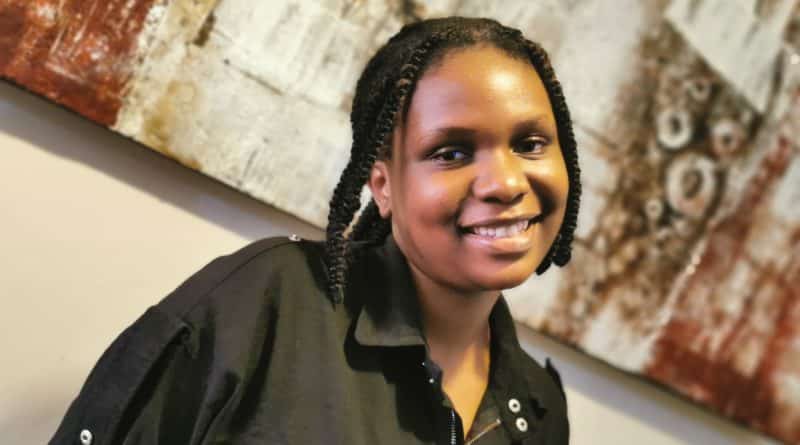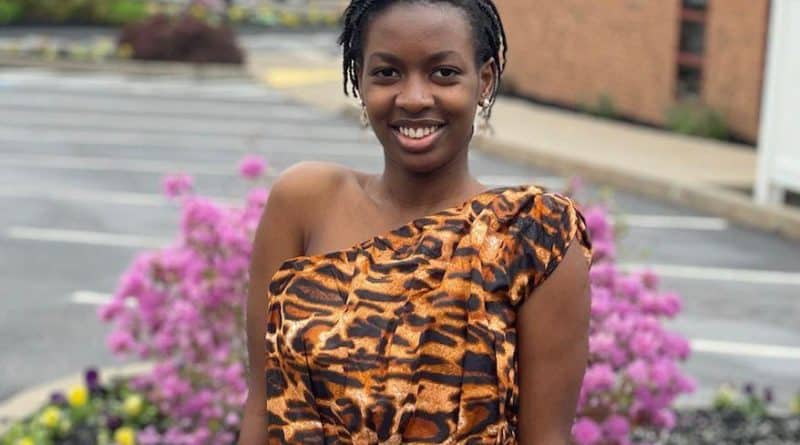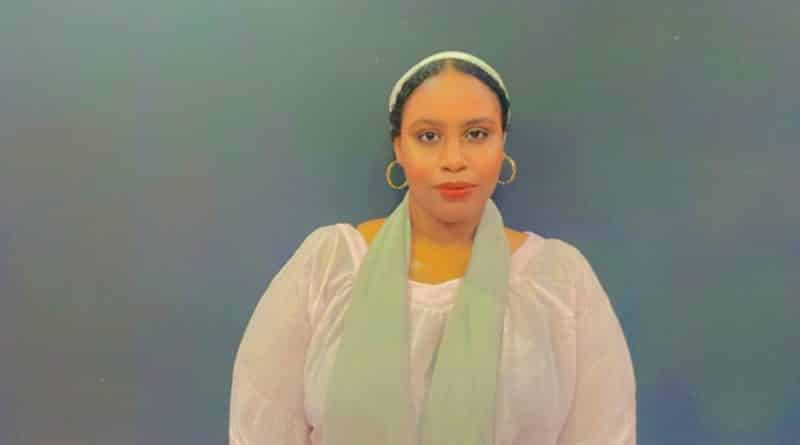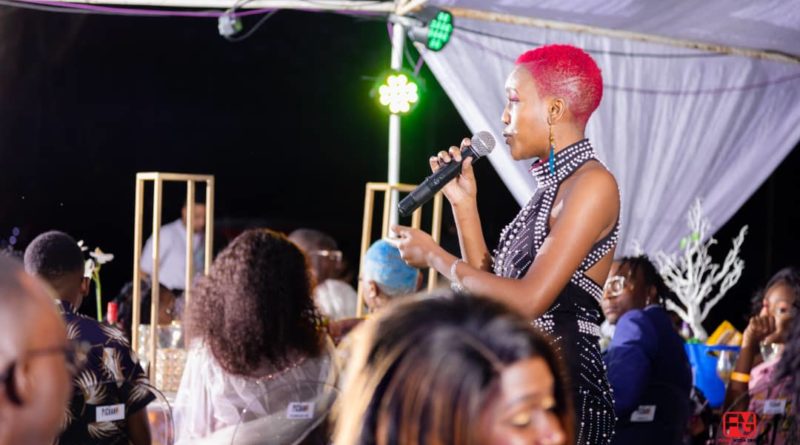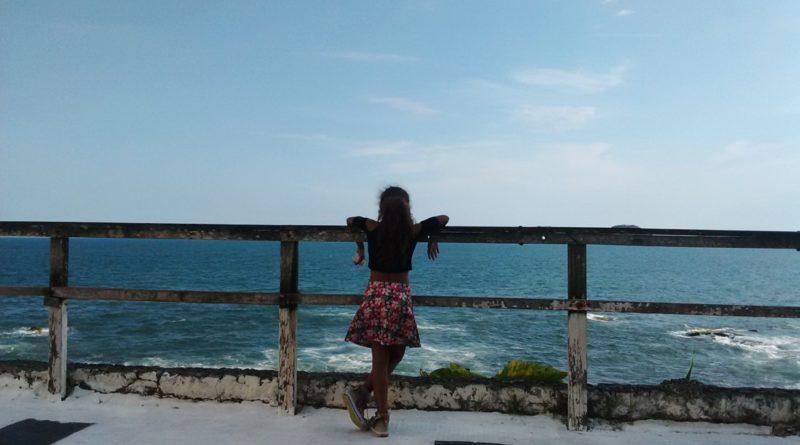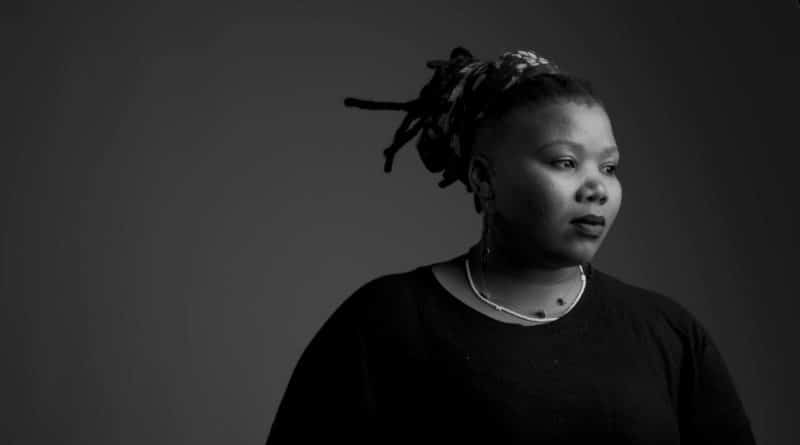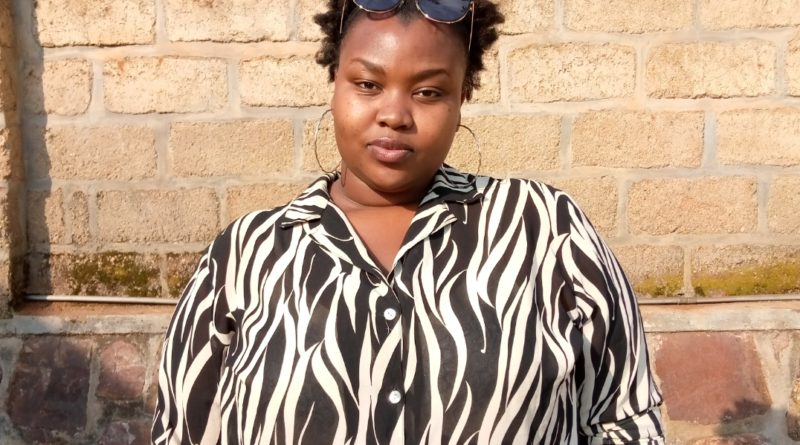“Depression”, when it loosens its grip music sounds differently
Often people with a (mental) illness turns to personification as a way of coping with it. The illness becomes an entity with a life and a will of its own. So Tanzanian author Delphina Robert writes a letter poem to her despression that has suddently left, after being with her for a long time. Nobody informed her of this “departure” but this new absence makes itself very clear: music has a very different sound now. And despite initially feeling akward in this condition, the loosening of depression’s grip leaves room to relief and to a blank space ready to be filled up with new words.
Leggi di più
